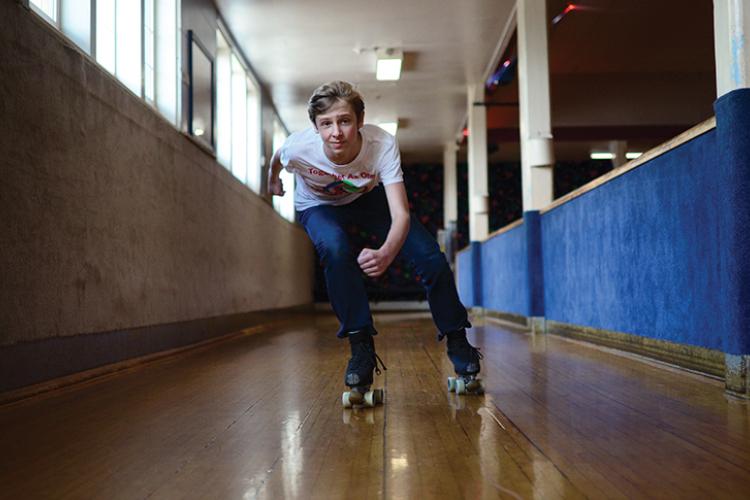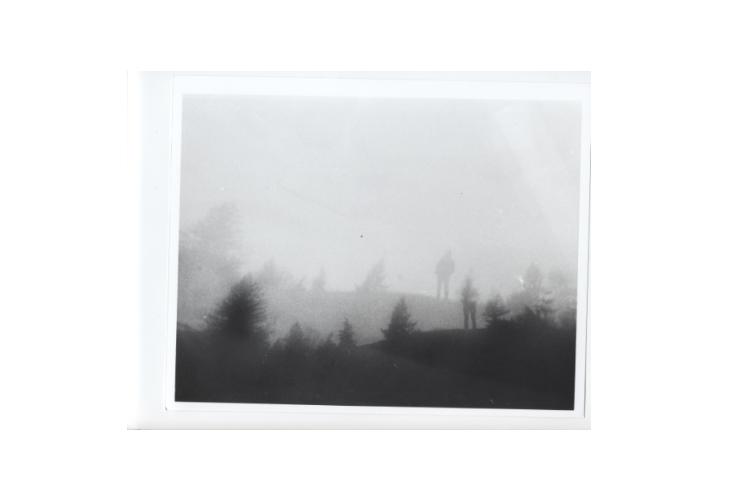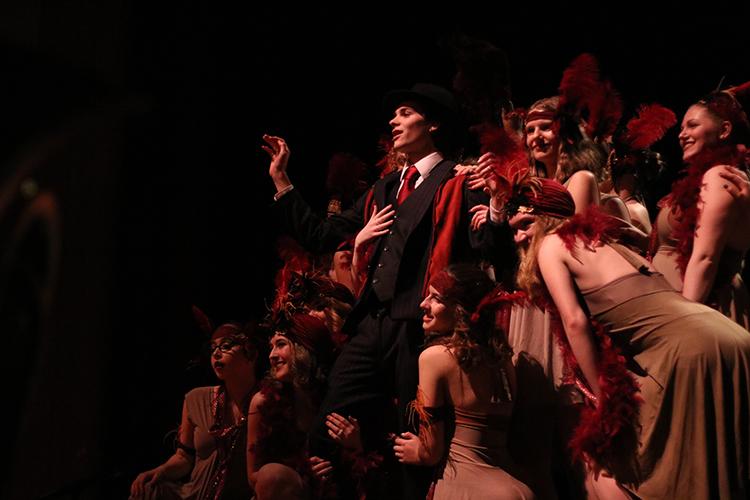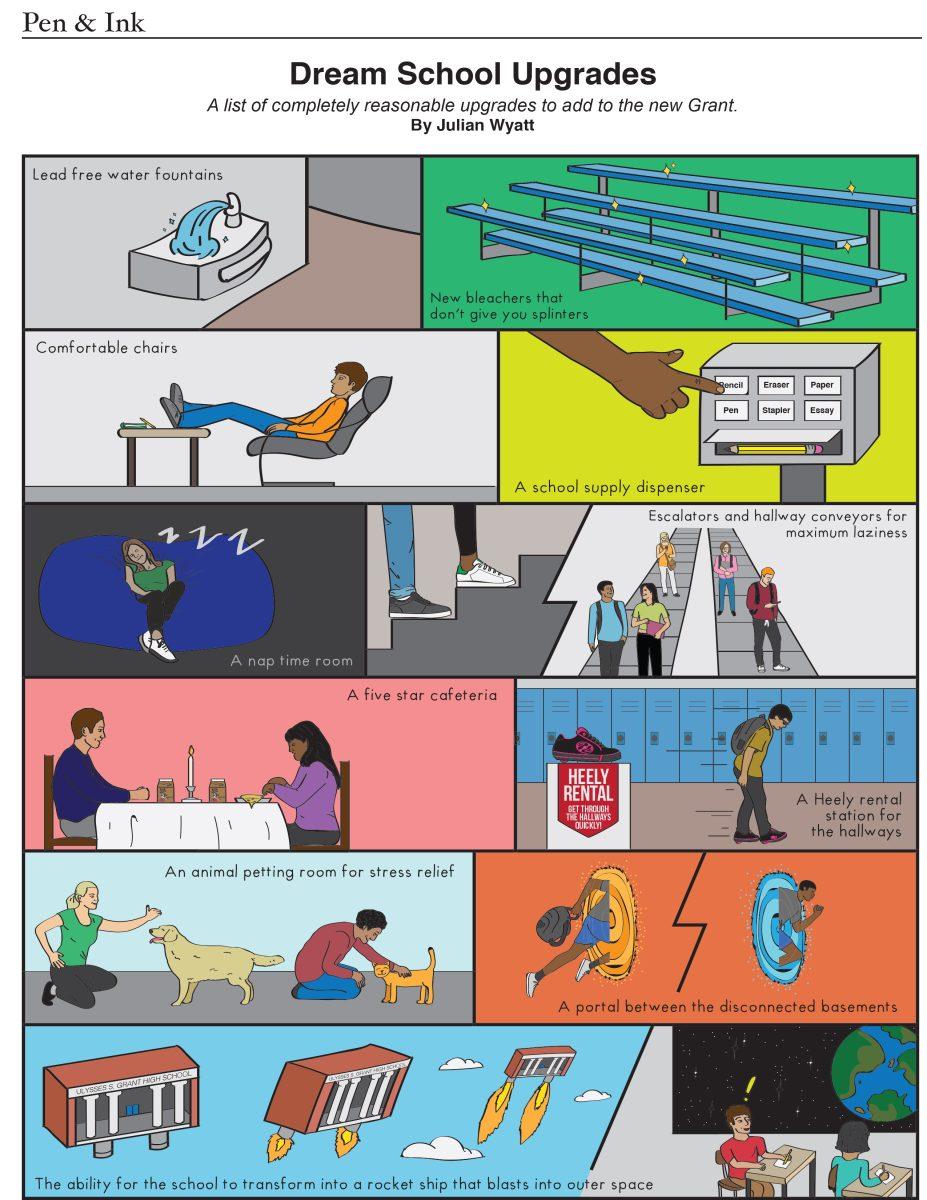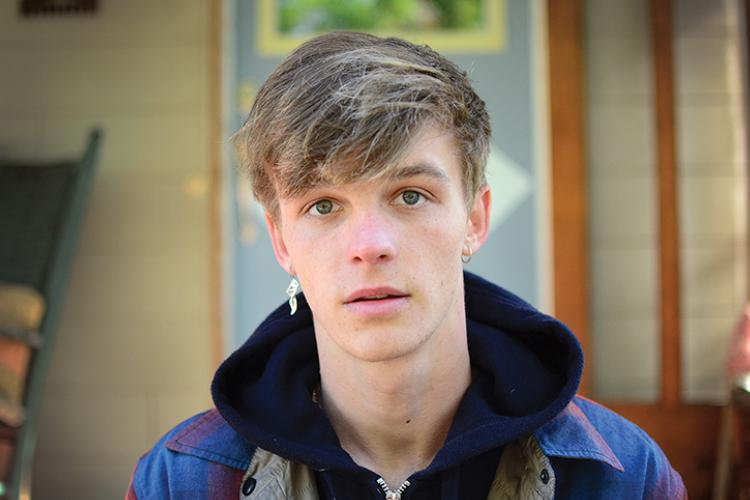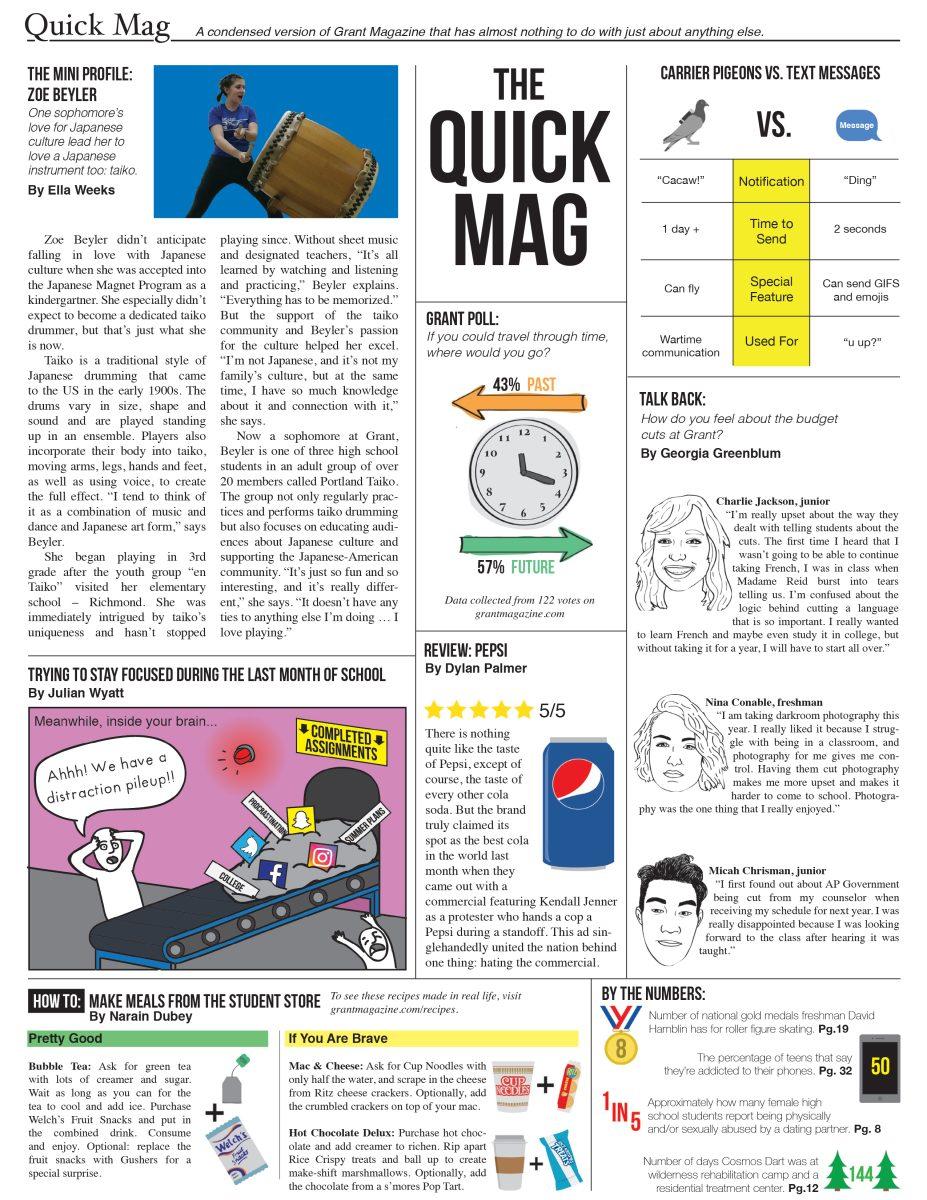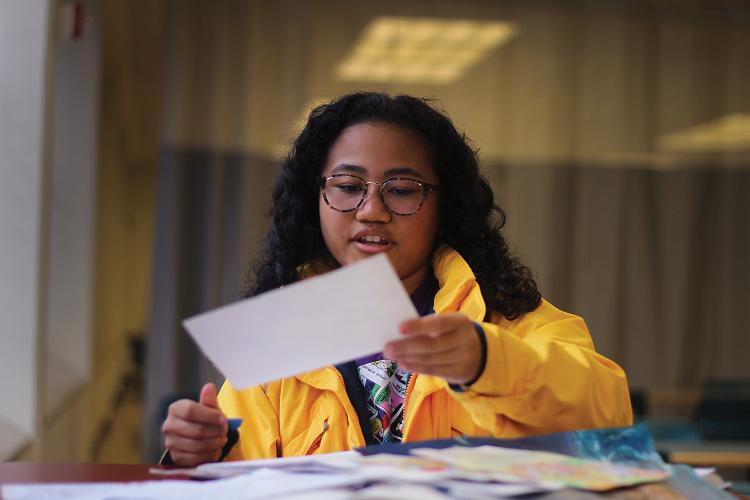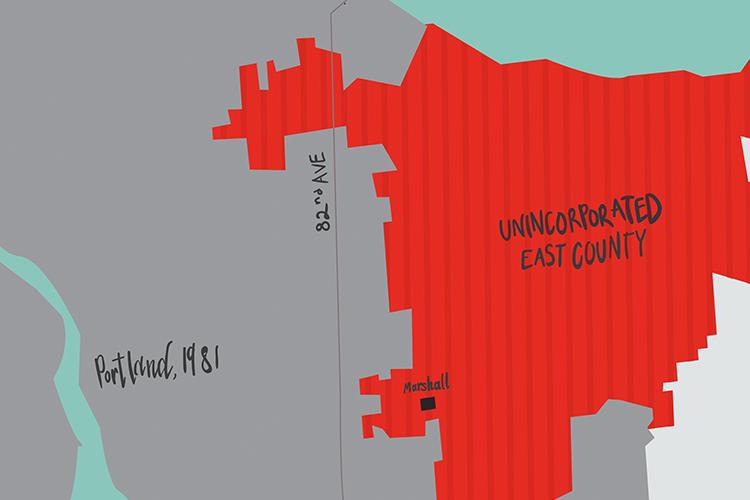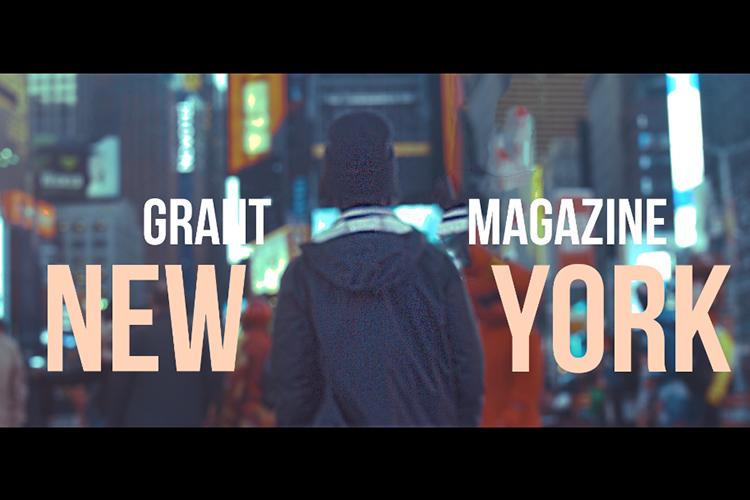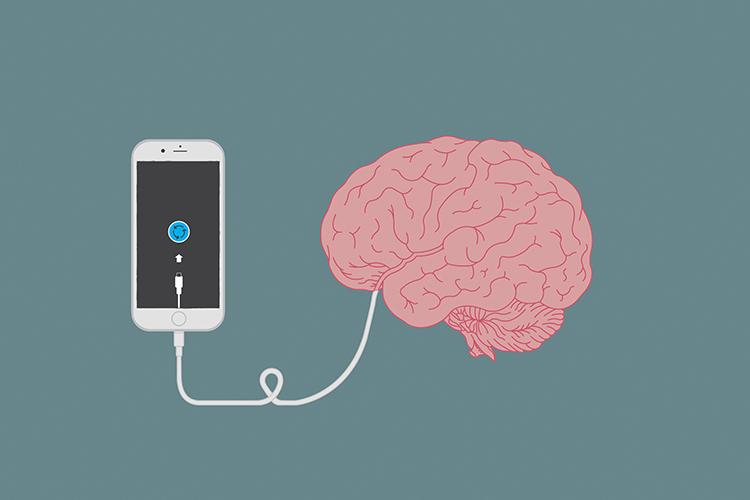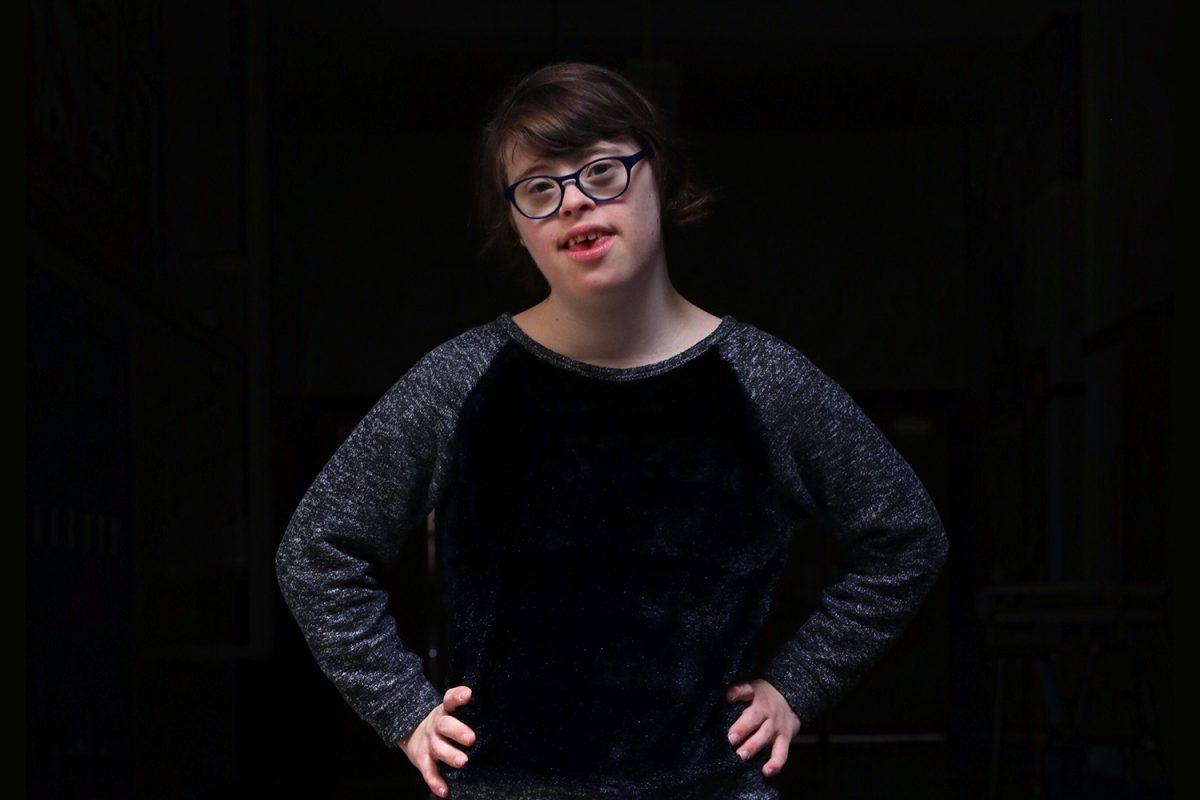It’s seven o’clock on a Saturday morning and freshman David Hamblin, 15, glides effortlessly across the shiny floors of Oaks Park Roller Rink alongside his skating partner and cousin, Annie MacKay. The song “Fix You” by Coldplay blasts over the speakers as Hamblin continues across the floor, skating to the flow of the song.
As the song picks up, he brings his right foot over his left and then flips his right foot, sending his entire body into a corkscrew, while MacKay mirrors the move. “Good save, David!” his mother yells from the sideline as she closely monitors both of their moves.
When the final chorus begins, Hamblin and his cousin race down the middle of the rink, following each other’s steps. As they make a wide turn, Hamblin grabs his cousin and holds her up on his thigh. Perfectly balanced, they float across the wooden floor.
Ever since Hamblin can remember, he has been roller skating, and his dedication to the sport has led him to massive success on the floor. He has qualified for the USARS, USA Roller Sports, Roller Figure Skating National Championship seven years in a row and attends competitions up and down the West Coast. In roller figure skating, Hamblin choreographs and performs dance routines on roller skates that often include intricate spins and leaps. “It’s like in the Olympics, what you see the ice skaters do,” Hamblin says. “I do that but on wheels.”
But beyond the personal enjoyment he gets from roller figure skating, the sport is a family custom. His older brother, Charlie Hamblin, who is a senior at Roosevelt High School, has qualified for the international championships twice and won the USARS Roller Figure Skating National Championship countless times. “He’s my role model in absolutely everything,” Hamblin says. His younger brother, most of his cousins and his grandmother also participate in the sport. And his mother? She’s the family coach.
Hamblin and his family point to their Mormon faith as the main reason for the strong family tradition. “The church puts such an emphasis on family,” explains his father, Kevin Hamblin, who is bishop of their congregation in the Mormon Church, formally known as the Church of Jesus Christ of Latter-day Saints (LDS), and the only member of the family who doesn’t roller skate. “A lot of LDS families tend to gravitate towards family-friendly activities.”
The church has also acted as inspiration for David Hamblin’s skating. “In a lot of ways, I feel like I’m putting the talents (God) has given me into good use through skating,” he says.
As he prepares for his older brother to leave for both college and a two-year missionary trip for their church, Hamblin is eager to take his place on the international stage of roller figure skating and follow in his brother’s footsteps. “I want to make our skating club proud,” he says. “It’s gonna take a lot of … determination, a lot of hard work, a lot of training.”

Hamblin was born in Portland on May 14, 2002, and from the time he could walk, he had skates on his feet. At age 3, Hamblin first started going to Oaks Park Roller Rink with his mother, Amy Hamblin, who is a licensed roller skating coach.
Amy Hamblin started the skating tradition when she was 10. She took a group lesson that cost only 50 cents at her local roller rink and was able to do every move the instructor showed. “I just fell in love with skating,” she says.
For David Hamblin, it took a bit longer to catch the family bug than the rest of his siblings. “He’s a fairly coordinated kid, so he couldn’t understand at 2 or 3 why (the skates) wouldn’t just go,” Amy Hamblin recalls. But by age 6, David Hamblin was already doing 360-degree spins on his skates.
As part of Hamblin’s training, he was paired with his cousin, Annie MacKay, and the two started skating together twice a week. In competitions, they skate in a style called Team American Dance, in which skaters perform a choreographed routine with their partner in front of three to five judges. The judges give the skaters a score from 1-100 based on synchronization and fluidity.
During these competitions, which take place over a two-day weekend, Hamblin competes in multiple events, doing solo acts as well as dance routines with his cousin. “We’re there for basically 48 hours straight, going home to do nothing but sleep,” Hamblin says.
Hamblin first competed in the Pacific Northwest Figure Skating Championships at Oaks Park Roller Rink at age 7. Due to few skaters participating in his age group, Hamblin was able to easily place high enough to qualify for the USARS Roller National Championship in Lincoln, Nebraska.
But when he first stepped foot into the skating complex far away from home, he felt butterflies in his stomach. “All the other boys seemed much bigger, much taller, much more mature, much more composed,” he says. When it was his turn to perform in the figures discipline, he froze in shock. “I almost forgot what I was supposed to do,” Hamblin says. His family urged him on, mouthing to him to “start the figures,” as Hamblin stood in confusion. But nothing worked.
Eventually the referee calmed him down and explained the move. Although Hamblin didn’t place, he learned that the national level wasn’t as scary as he thought it would be. “The referee is always there to help you,” he says.
When he qualified for the USARS Roller National Championship the next year, he was prepared for the pressure. Hamblin and his mother went over his routine beforehand. “Once we were able to identify that remembering my program was an issue, we were able to remedy that,” he says.
That year, he won a gold medal in Team American Dance with MacKay.
When he walked off with his cousin, Hamblin skated straight to his family. “My mom gave me the biggest hug,” he remembers. After that, he began to spend almost all of his free time at Oaks Park Roller Rink. “During the summer, I train up to 15 hours a week; during the school year it’s about 10,” Hamblin says.
Outside of skating, Hamblin’s faith plays a massive role in his life. Since he was young, he’s been waking up at six in the morning before school everyday to go to Bible study at his congregation. “(It’s) just kind of a jumpstart on the day to help you stay grounded and remember to focus on God,” Amy Hamblin says.
Hamblin’s grandmother, Leslie Robinson, who converted to the Mormon faith after meeting her husband, says that staying humble and close to God is a big part of the family’s roller skating. “We try to set a good example by being sportsmanlike and kind,” she says.
Although Hamblin’s religion and skating often go hand-in-hand, it can make practicing a strain at times. On the Sabbath, which is every Sunday, he is encouraged to refrain from any activity that may distract him from the Lord. “A major practice day is Sunday,” Hamblin says. “I look at it more as a time to rest and recuperate.”
In 2013, Hamblin’s brother made a breakthrough in skating at the USARS Roller National Championship. David Hamblin remembers being seated in the spectator section with his mother, grandmother and aunt, waiting in anticipation for the announcer to read the scores to determine which skaters would qualify for the International Championships. “I was hoping it would happen, but I wasn’t exactly expecting it,” Hamblin says.
When they announced Charlie Hamblin’s score alongside a list of just two other people in the country, David Hamblin and his family members burst into tears of happiness. Charlie Hamblin remembers the day as an other-worldly experience. “Ever since I was a kid, that was my goal for skating,” he says. “No matter what happened there, I had already fulfilled my lifelong goal.”

When Charlie Hamblin arrived home from the International Championships in Taipei, Taiwan, placing 5th, David Hamblin made it his own goal to compete at the international level. “It made it seem more real, like I could do that one day,” he says about his brother’s achievements. “I want to do that. I want to be able to represent my country.”
Hamblin asked his brother to train him, and they began frequently practicing, diagramming and choreographing routines together. “He goes out of his way to help me and make sure I become a better skater,” Hamblin says.
Hamblin remembers a recent time when his mother was struggling to think of an opening to his routine for the 2016 USARS Roller Nationals. “We asked my brother, and he was able to come up with something within a week,” he says. “He choreographed two or three sequences from my routine this year.”
And the help has paid off. Hamblin and his cousin MacKay have returned to the podium in Team American Dance every year since they first qualified in 2008. Hamblin currently has eight gold medals.
Hamblin admits that he still gets nervous when competing at the national level. “It’s still one of the most terrifying things I do all year. But I’ve learned to take that fear and morph it into an energy,” he says.
Hamblin says that he owes much of this to his brother’s advice and training, but he knows the time spent learning from Charlie Hamblin is almost up as his older brother will be in college next year. The siblings are coming to terms with losing the endless time they have spent together in the rink.
“I want to try and give him as much of the knowledge I’ve accrued as a skater before I go,” Charlie Hamblin says.
After his freshman year in college, skating will disappear from Charlie Hamblin’s life completely. For two years, he will take off on a church mission trip in another country, spending long 12-hour days doing Mormon outreach, walking door to door to spread his faith. “I most likely won’t be allowed to put on roller skates for two years,” Charlie Hamblin says. “It’s a sacrifice that we’ve both decided to make.” David Hamblin is currently working at the Oaks Park Roller Rink to help pay for his own missionary trip. He plans to go the first year after high school.

Although Hamblin is going to miss his brother, he is excited for his own trip. “It’s a major learning experience,” Hamblin says. “It’s probably the biggest opportunity that I’ll ever have in my lifetime.”
Beyond the missionary trip and even with the future
championships that he will compete in, Hamblin does not know when or if he will continue skating after he returns home. Hamblin says that he and his brothers have always known that roller skating wouldn’t be permanent.
However, Hamblin hopes he will be able to return to skating when he has kids of his own, in hopes of passing the tradition on to the next generation. “Roller skating isn’t all that big,” Hamblin says. “So I’d enjoy staying with the skating culture and raise (my kids) in it because it’s done so much for me.” ◆





























